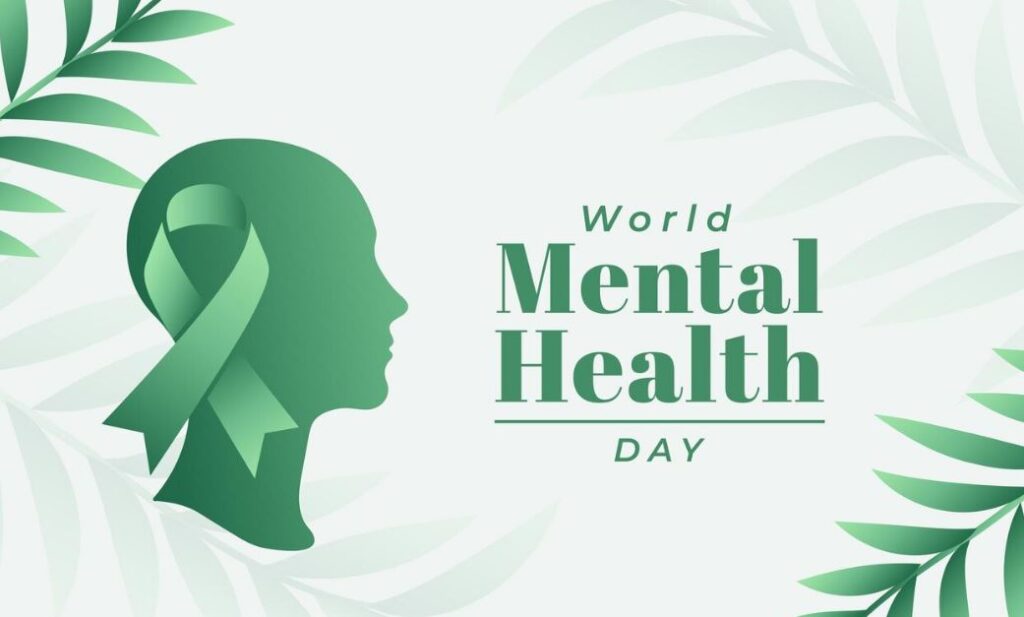
Every year, May offers a momentous chance for people all across the world to come together in support of Mental Health Awareness Month. This observance was first established in 1949 by Mental Health America (MHA) and remains a vital forum for promoting mental health services, reducing stigma, and building understanding. The theme for the month of 2025, “Turn Awareness into Action,” pushes each of us to go beyond acknowledgment and take significant actions that have the potential to enhance the lives of millions of people. Doing is more important than just talking.
Because mental illness is still stigmatized, many people’s mental health issues are kept hidden and unspoken. However, the numbers are indisputable: roughly one in five adults in the United States will suffer from a mental illness annually. Even worse, only 50% of people in need of assistance get the care they are entitled to. By raising awareness of these harsh realities and offering advocacy, support, and education, Mental Health Awareness Month seeks to improve the lives of those impacted.
Key Mental Health Stats:
| Fact | Details |
|---|---|
| Prevalence | 1 in 5 U.S. adults experience mental illness annually. |
| Youth Impact | 1 in 6 U.S. youth have a mental health condition but only half receive treatment. |
| Early Intervention | 50% of lifetime mental illness begins by age 14. |
| Suicide Risk | 20% of high school students seriously considered suicide in 2023. |
| Access to Care | Over 30 million Americans lack access to quality mental health care. |
Putting Awareness into Practice
It is impossible to exaggerate the significance of mental health awareness. It is simply the foundation of advancement. May encourages people to take action toward improved mental wellness through community-driven projects and public outreach. Action and education are the two main focuses. This month is dedicated to creating a society that treats mental health issues with the same gravity as physical illnesses by dispelling myths, highlighting easily accessible resources, and stressing early intervention.
In its 2025 campaign, Mental Health America asserts that “awareness alone is not enough.” It highlights the necessity of not only recognizing mental health issues but also taking significant action to fight the stigma that keeps many people from getting treatment. This month can serve as a lifeline for people who have battled mental health concerns, serving as a reminder that they are not alone and that help is available.
Improving Access to Care and Reducing Stigma
Stigma is still one of the biggest obstacles to treatment, even with the increased discussion about mental health. The social stigma associated with mental health frequently deters people from seeking help. Because it fosters empathy and encourages transparency, Mental Health Awareness Month is essential. By fostering dialogue in our workplaces, schools, and communities, we help people get the support they need when they need it most.
Education is one of the most effective strategies for lowering stigma. It is essential to comprehend mental health issues, their symptoms, and how they affect people’s lives in order to change the way society perceives these difficulties. Furthermore, fostering an understanding culture makes it easier to implement early intervention, which is frequently the key to controlling conditions before they worsen.
How to Participate
In light of this, how can you contribute during Mental Health Awareness Month? Both individual and collective action hold the key to the solution. This is how you can help:
- Educate Both Yourself and Others: Learn about the most prevalent mental health issues. You contribute to normalizing the discussion by imparting this knowledge.
- Encourage Better Resources: Back laws and regulations that facilitate access to mental health services. You have a say in how mental health care is developed in the future.
- Support Mental Health Organizations: Make a donation to groups such as the National Alliance on Mental Illness (NAMI) or Mental Health America (MHA). All year long, they strive to increase awareness and offer vital services to people in need.
- Take Care of Yourself: Setting a good example is one of the most effective things you can do. Take care of your own mental health by doing things that make you feel better and less stressed.
The Power of Storytelling: Using Common Experiences to Build Connections
Storytelling is one of the most effective strategies to lessen stigma and advance understanding. Every tale told about mental health is an example of human resiliency, demonstrating that everyone recovers differently and that healing is achievable. It serves as a reminder that there is no “one-size-fits-all” strategy for mental health, but that we can find strength and unity by connecting with one another.
People from all over the world are invited to share their personal stories during the month of May. These stories have the ability to uplift, heal, and inspire change whether they are shared via social media campaigns, neighborhood conversations, or one-on-one interactions. By talking about our experiences, we validate one another’s hardships and victories, which eventually builds a voice that encourages empathy.
Going Ahead: The Path to Sustainable Transformation
Mental Health Awareness Month is a call to action as much as a time for introspection. The theme for this year, “Turn Awareness into Action,” serves as a reminder that awareness alone is not enough. When we apply what we have learned to make significant improvements in the lives of people impacted by mental health issues, that is when the real work starts.
It is crucial that we keep pushing for increased access to mental health services, lowering stigma, and encouraging candid communication as we move forward. In order to create a society where mental health is no longer a taboo subject but rather a vital component of our general well-being, the progress made this month needs to be maintained and increased.
Together, let’s make sure that the lessons learned during Mental Health Awareness Month result in long-lasting change. Never forget that every discussion, every anecdote, and every tiny action we take moves us one step closer to a time when mental health is accepted and understood by all.
